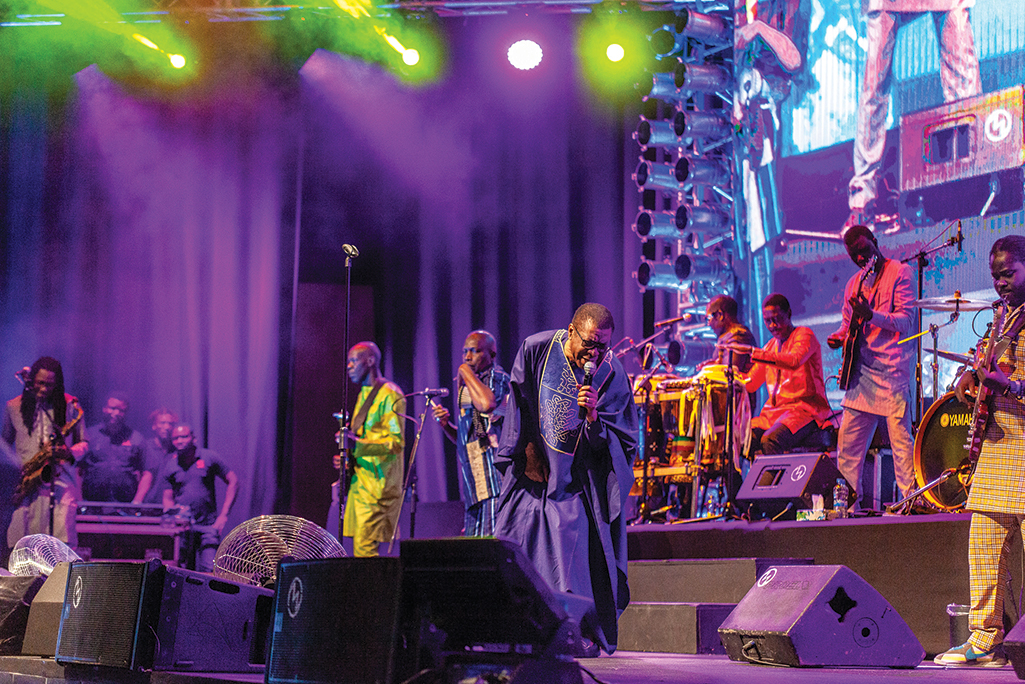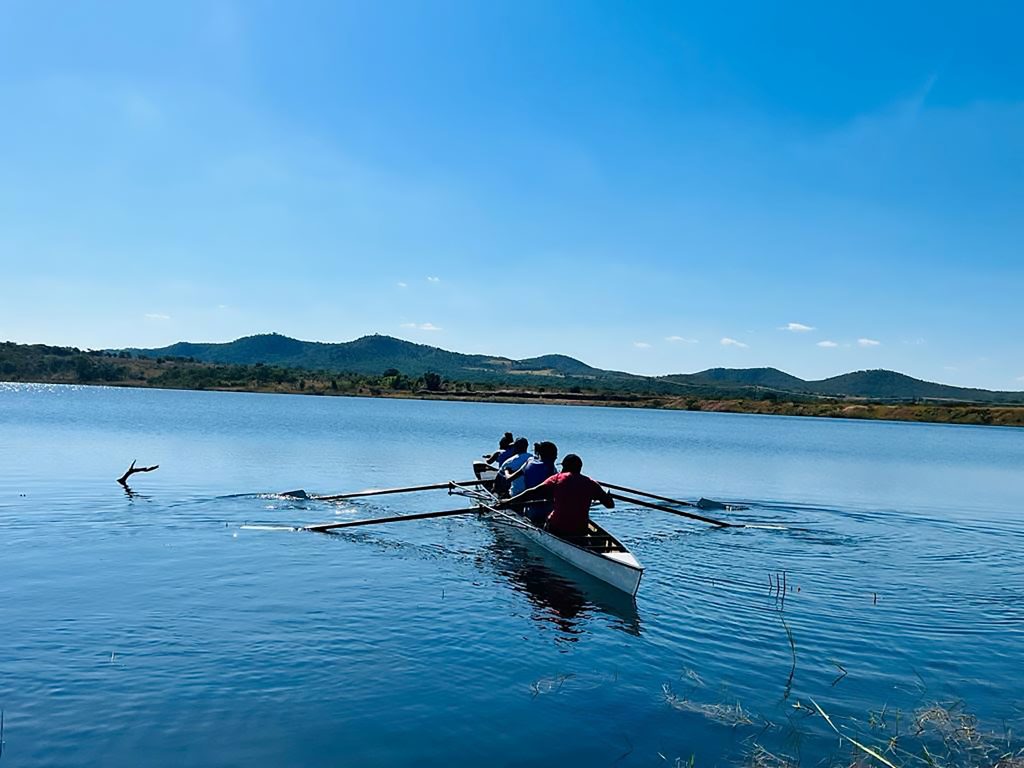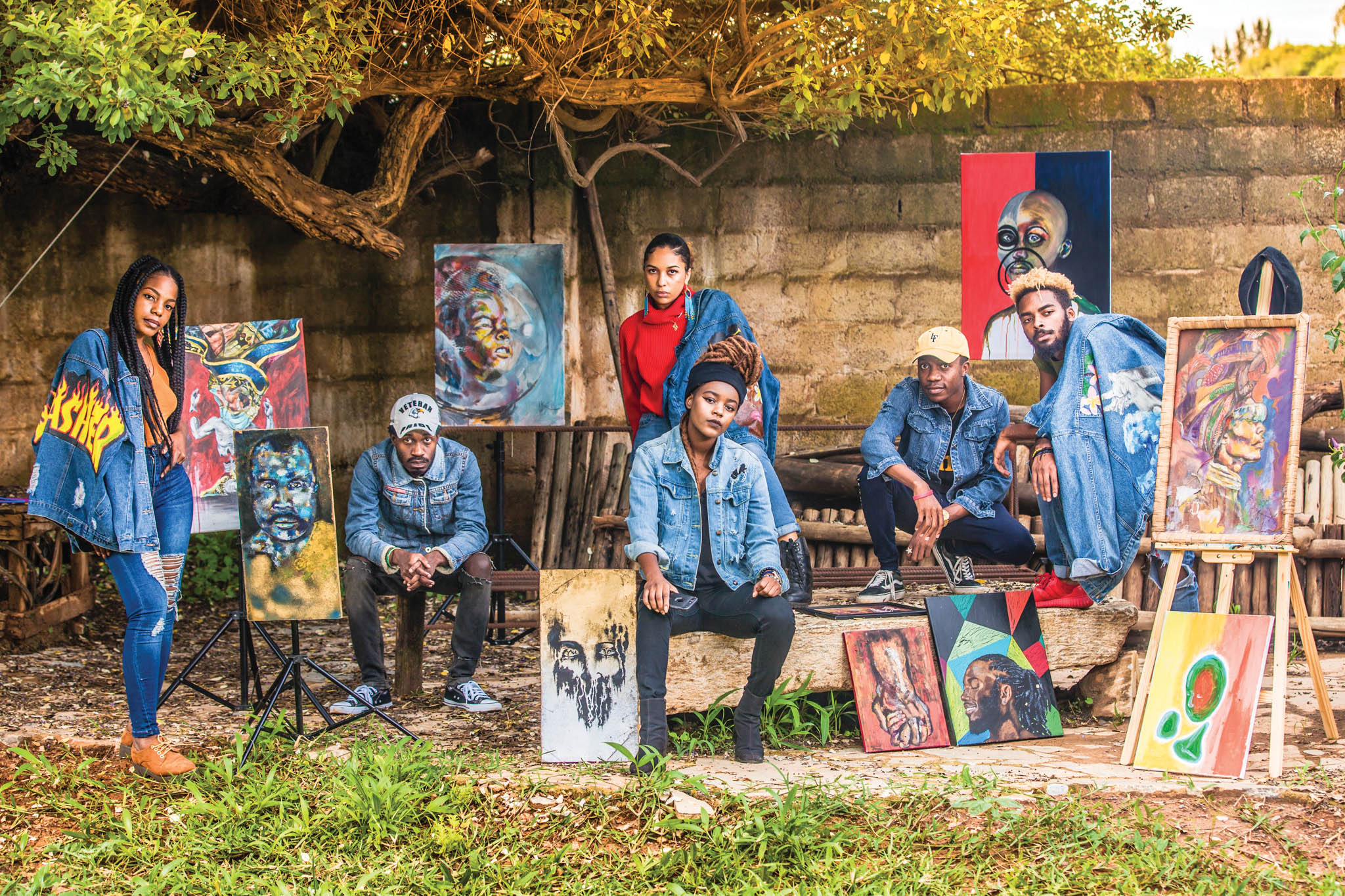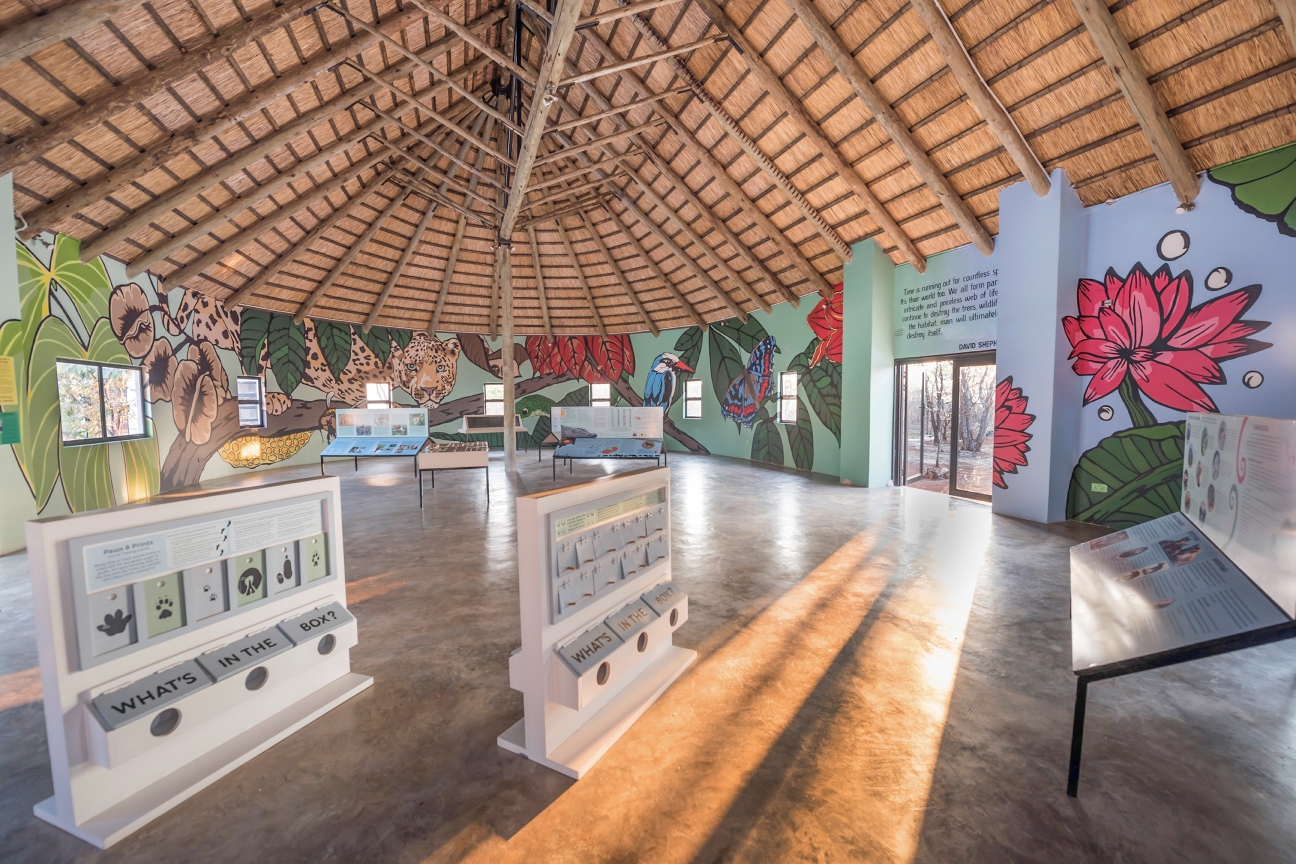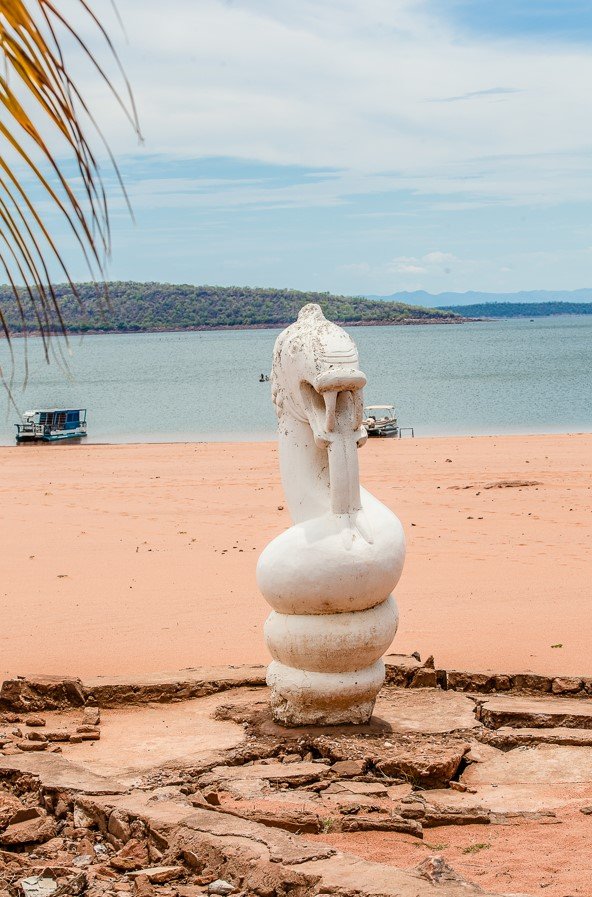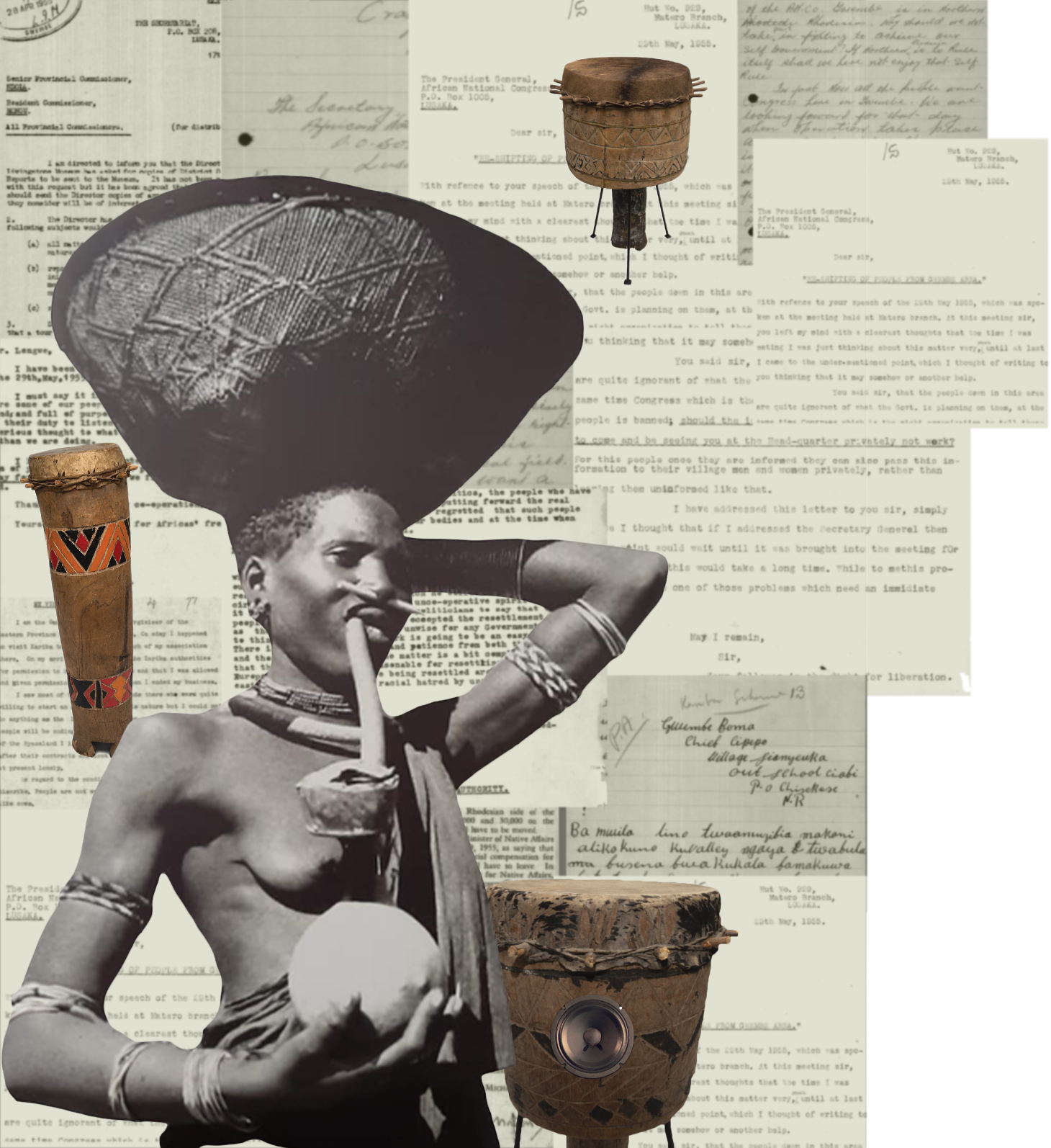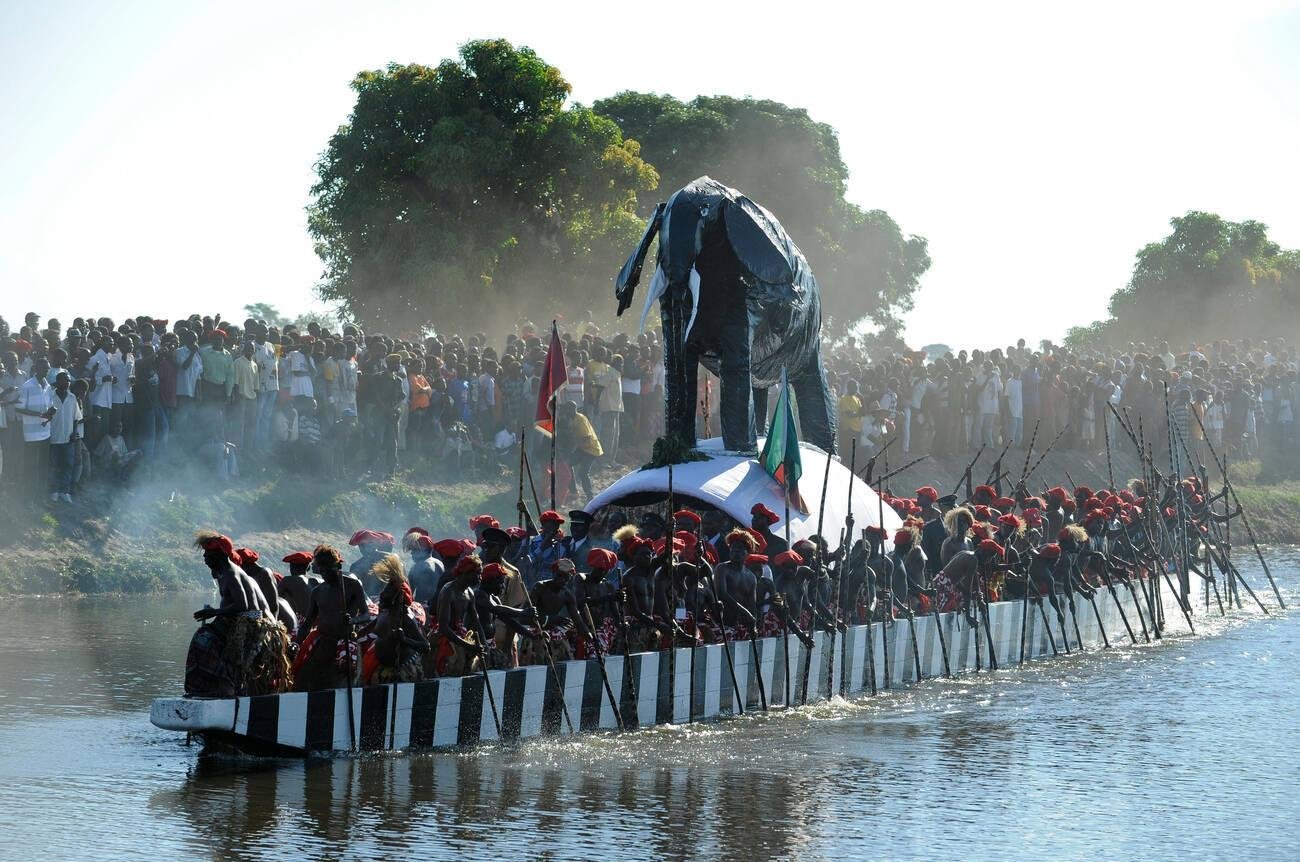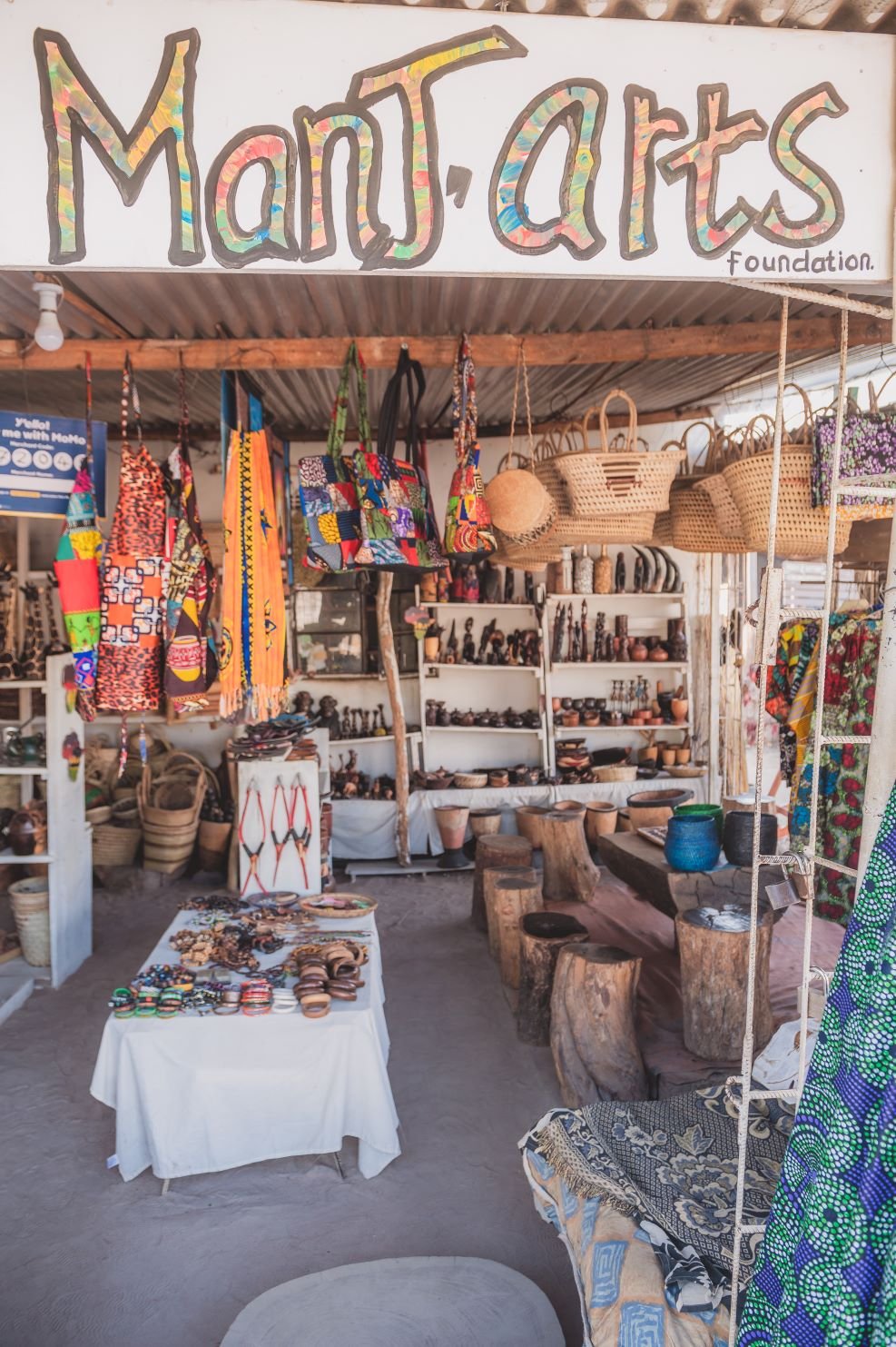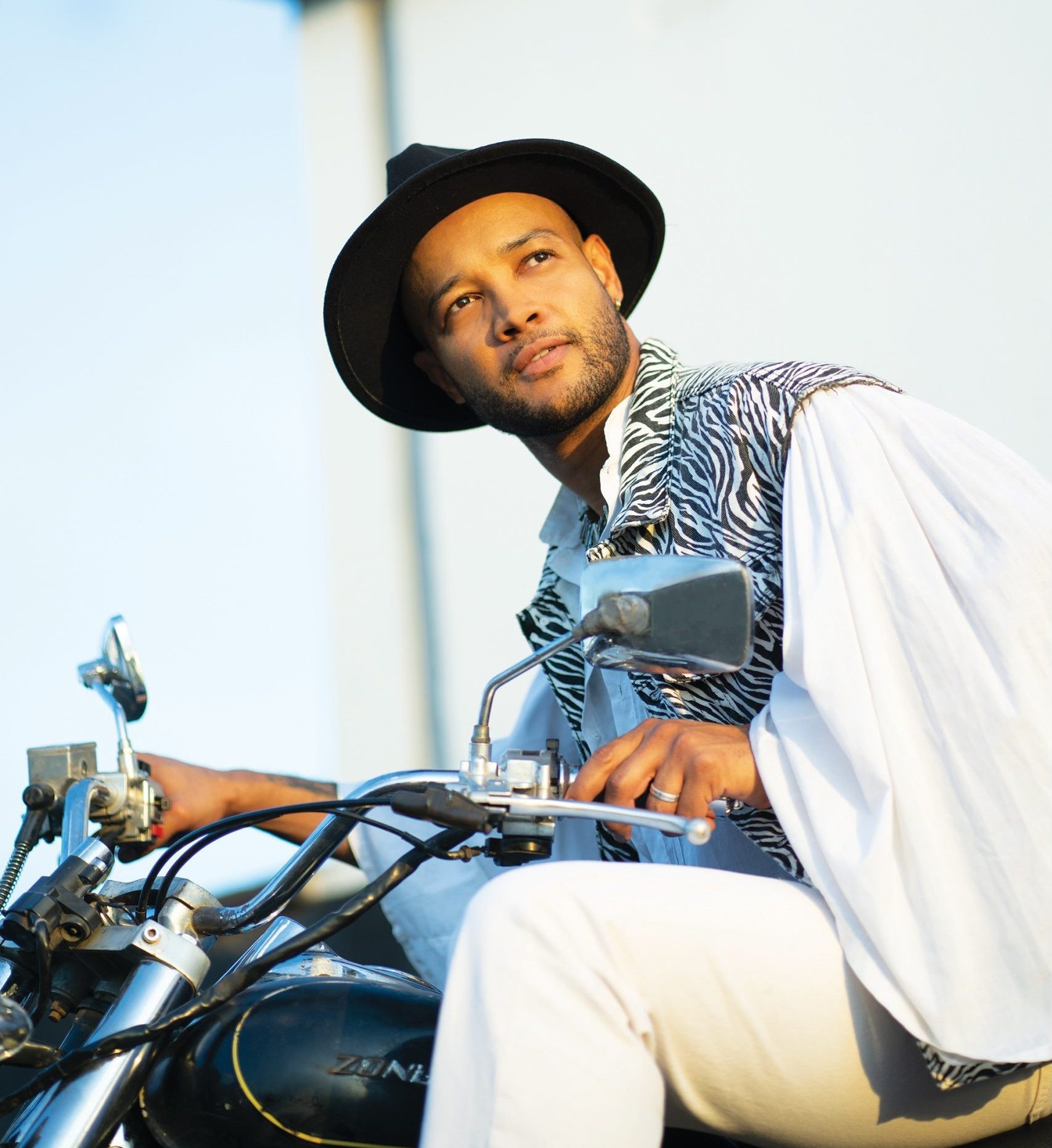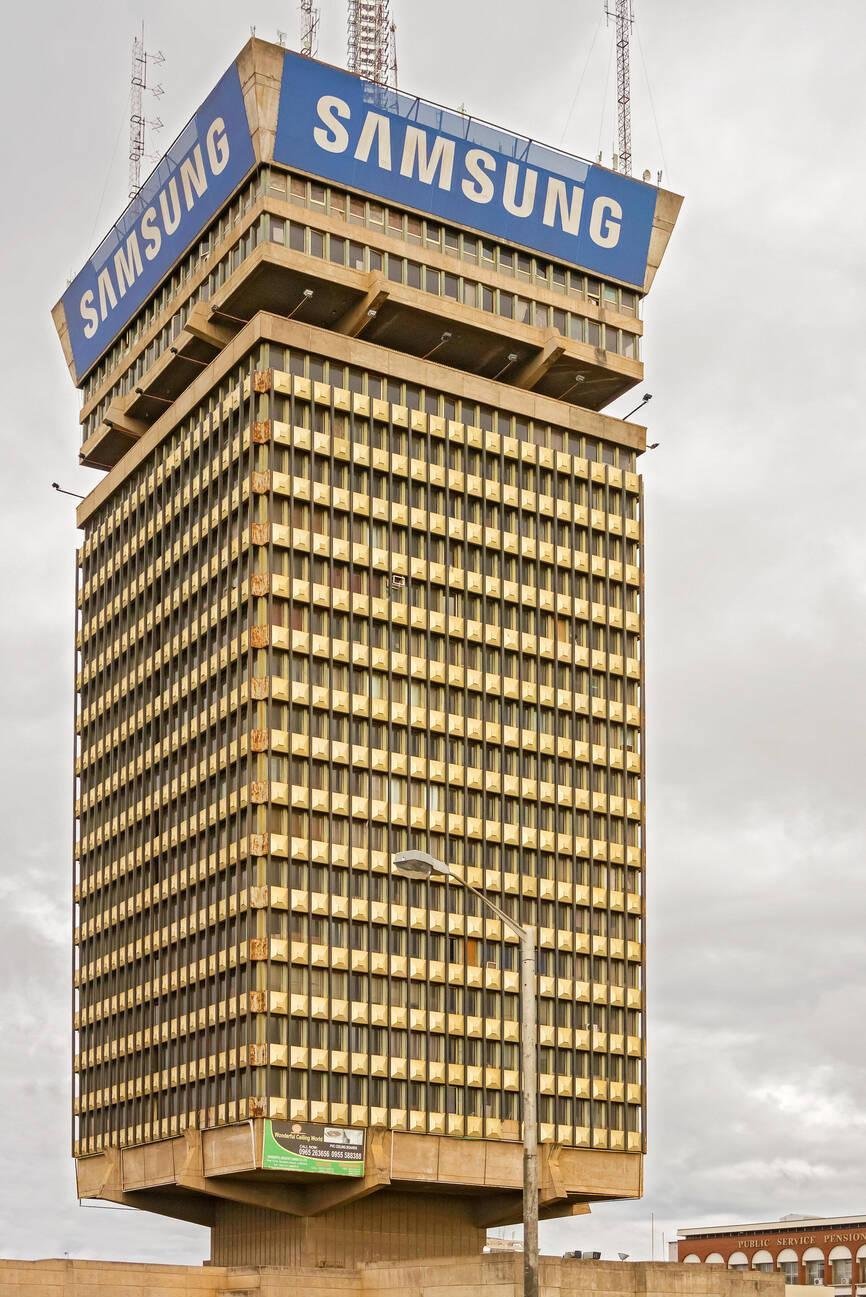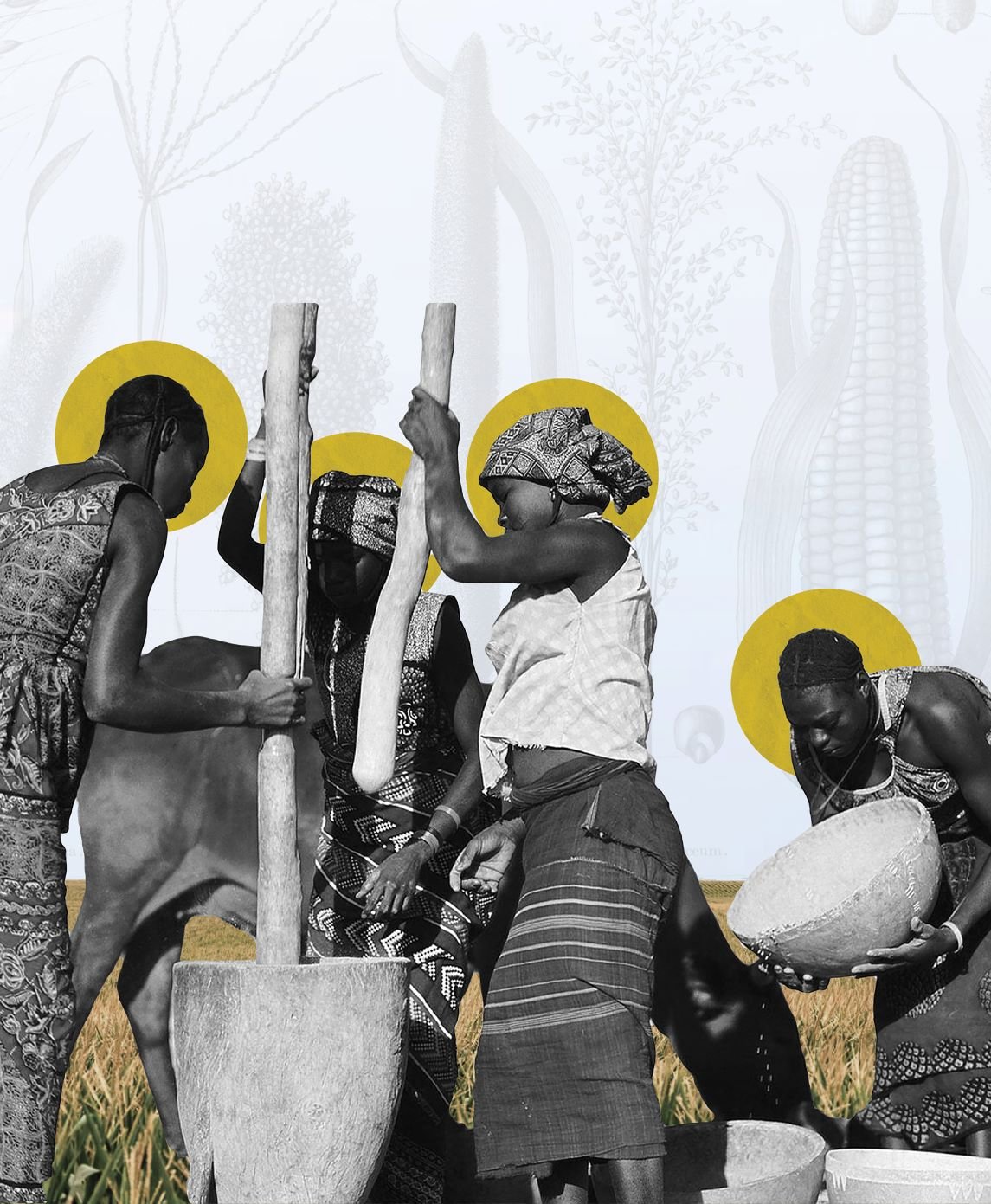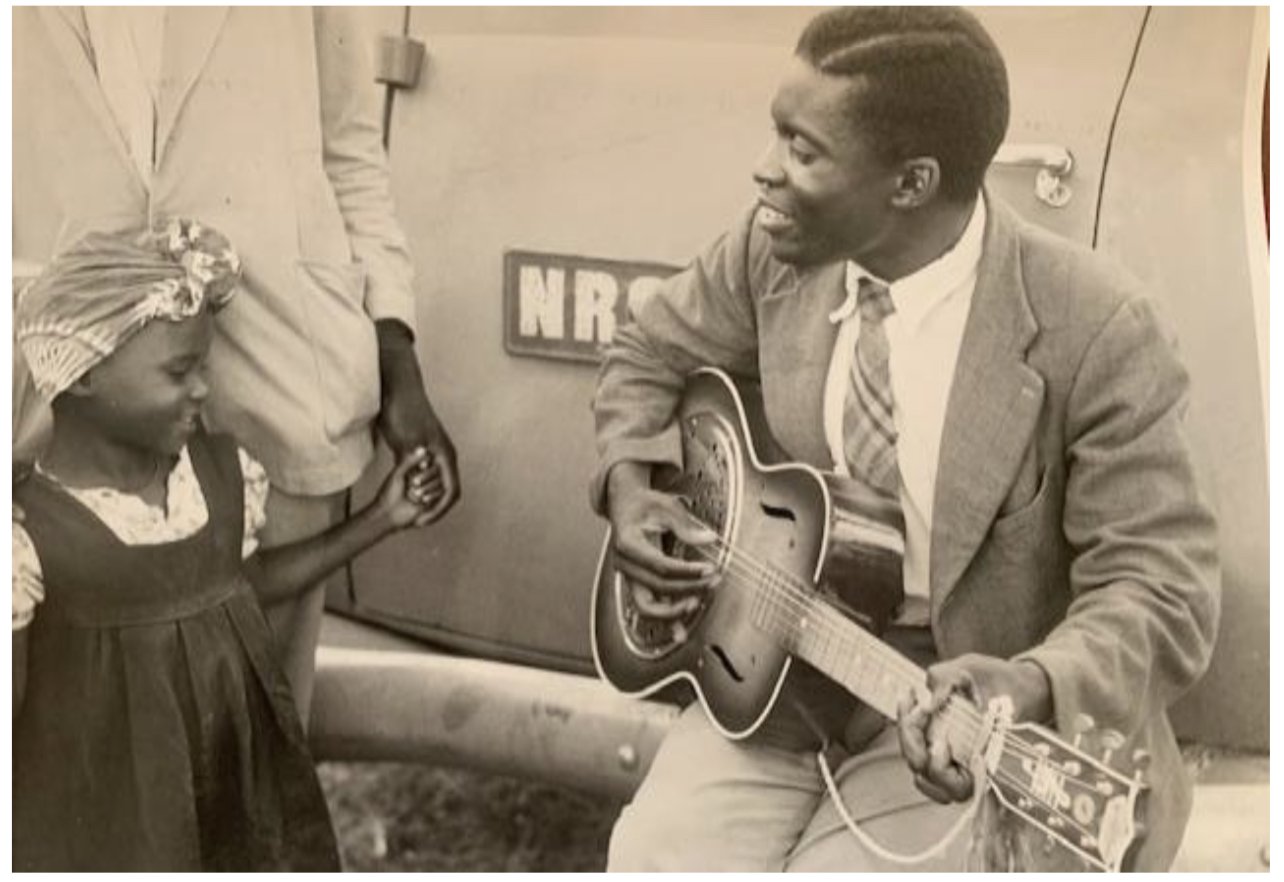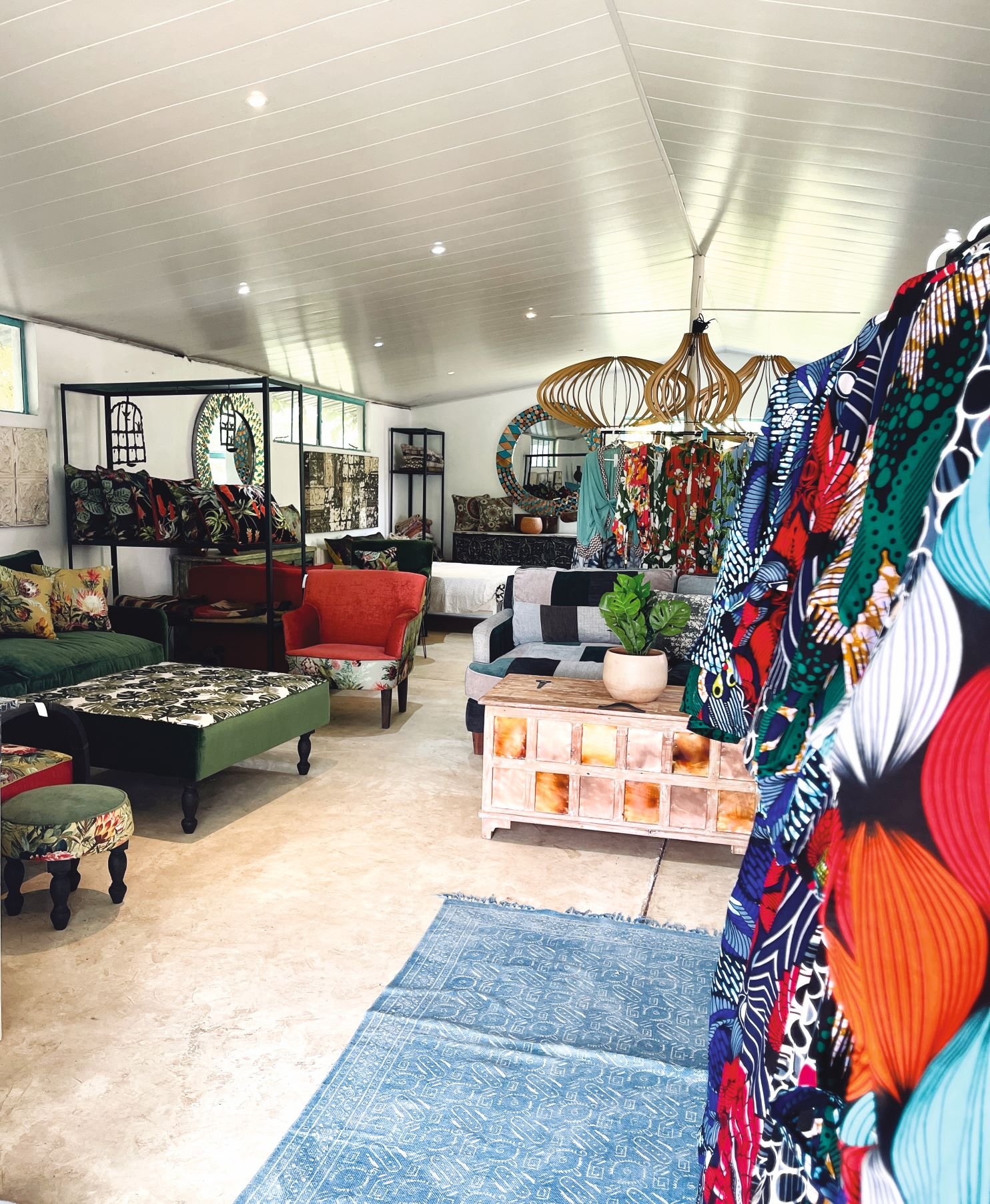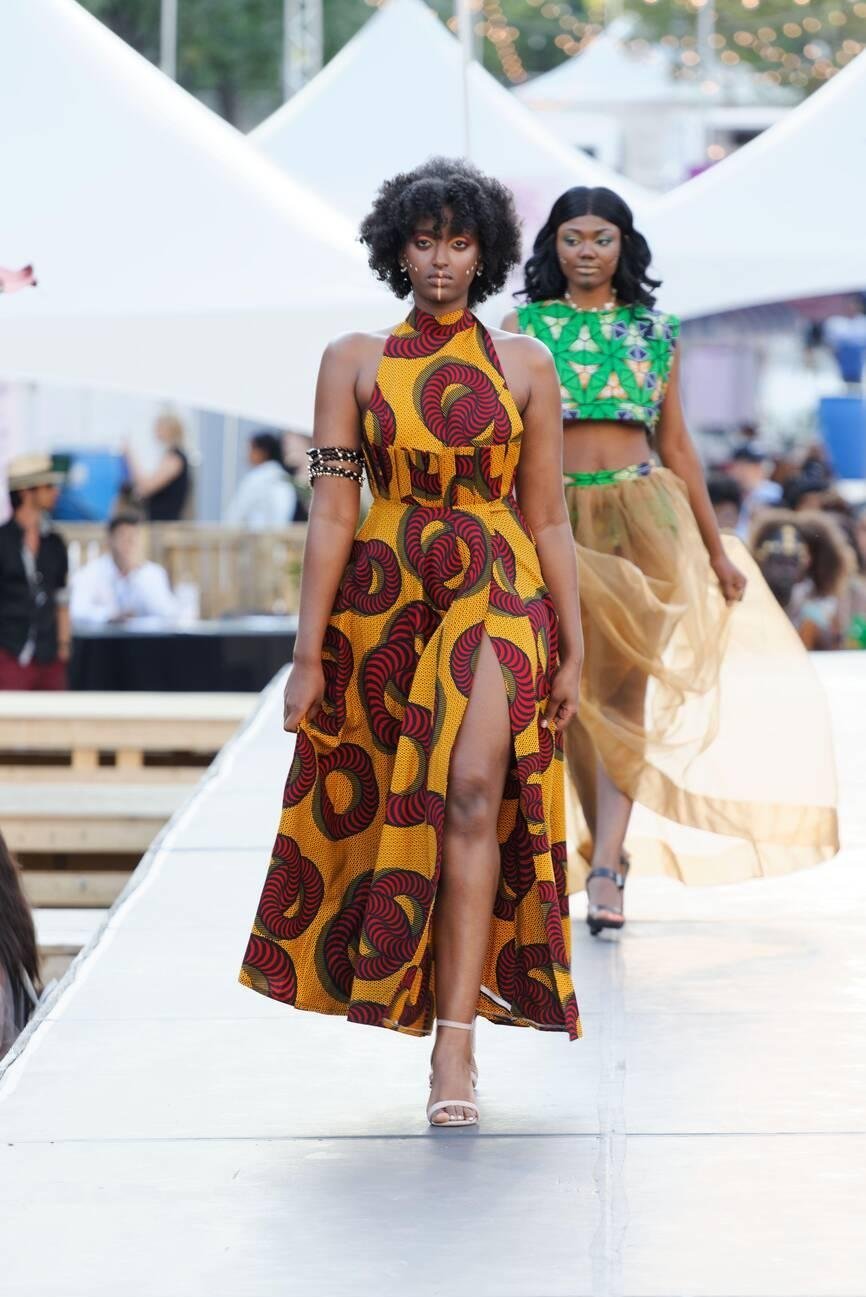Senegalese musical icon and activist Youssou N’Dour performed on Zambian soil for the first time, reminding an overflowing audience of his importance to Africa’s musical heritage and traditions.
The musical genius of N’Dour was birthed in 1959 in the city of Dakar, where he began singing at religious festivals in his childhood neighborhood at the age of twelve. His compelling stage presence was honed outside of dance clubs in Dakar in his early teens, where he performed with his band as talented underage musicians who could not legally enter the clubs.

Mbalax evolved as a genre with roots in Wolof cultural life and was marked by distinct percussion elements. As the decolonial dreams of Africa became a reality across the continent in the mid-1970s, the Mbalax sound underwent its own transformation, drawing influence from Islamic, Cuban and Western jazz soundscapes and transcending the liberated spaces of Senegalese music clubs and radio waves. N’Dour and his long-time band, the highly acclaimed Étoile de Dakar, are credited with developing the mbalax sound and taking it to the world. The hybrid genre burst onto the contemporary mainstream in the 80s. It was cemented with his biggest international hit, ‘7 Seconds,’ a timeless collaboration with Swedish singer Neneh Cherry (a Swedish singer of Sierra Leonean ancestry) from N’Dour’s celebrated 1994 album The Guide (Wommat).

N’Dour’s illustrious career was inspired by the griots or gewels, the centuries-old musical and oral storyteller of the Wolof people. Still, N’Dour’s impact is felt far beyond his native Senegal, as demonstrated by his successful recording and touring career of over four decades. His musical prowess earned him numerous awards, including a Grammy, and fans worldwide.
So, it is no surprise that when N’Dour played in Zambia for the first time, it was to a sold-out crowd of different generations. The event took place at Ciêla Resort on the scenic outskirts of Lusaka and was organised by the cultural institute Alliance Française and other partners. N’Dour is a pan-Africanist, and it was fitting that he shared the stage with Zambian musicians of different generations and genres.

The first act to grace the stage was Congolese-born Zambian musician Mumba Yachi, who warmed up the audiences’ spirits with his soulful acoustic melodies. Yachi set an uplifting tone for the night, compiling creativity across artificial borders and expressing histories that narrate swift and sorrowful truths. Yachi was accompanied by the virtuous guitarist Mr Chanx, who also transitioned to the second act, the renowned Moses Sakala and his distinguished protégée, Angela Nyirenda, a superstar in her own right.
As two of Zambia’s most beloved and prominent musical artists, Sakala and Nyirenda summoned an infectious energy on stage. Nyirenda’s powerful vocals fed off the vibrant traditional dancers who they shared the stage with, pulsating to the beat of the djembe drums. Arguably Zambia’s best traditional drummer, Sakala, set the stage alight with enticing syncopations. Like N’Dour, Sakala is known for creating a musical style which modernises indigenous rhythms. This was a night to experience a stellar constellation of Zambian music as a prelude to one of Africa’s musical giants. With the stage primed and the rhythms echoing in the soles of the audience, N’Dour’s highly anticipated performance finally began.

N’Dour was introduced on stage with the message, “If you wanna dance, you can dance! If you wanna sing, you can sing!” – the crowd responded accordingly. The audience was notably diverse, including a jovial cohort of the Senegalese diaspora in Zambia, incredibly proud and grateful to be experiencing their country’s biggest artist in the flesh. N’Dour’s performance did not simply entertain; it demanded the audience’s participation through dance and the universal desire to have a good time. The opening songs included ‘Liberté’ and ‘Birima,’ which served as a testament to N’Dour’s eminence as a griot. These songs narrate historical narratives and offer jewels of hope through sonic storytelling. He was akin to a teacher schooling his audience through his music.
Sounds of tranquillity turned to praise songs as the mood picked up with songs such as ‘Sénégal Rekk’, which had the whole audience on their feet and hands raised, swaying from side to side; N’Dour, the griot, took us through a rollercoaster journey. The band supporting N’Dour’s versatile approach to storytelling through song was electrifying. As expected, various percussion instruments and their gifted players were on stage, including the talking drum. Blurring the line between verbal and musical language, the talking drum is bite-sized compared to the djembe, also featured in the line-up. Talking drums, indigenous to West Africa, mimic human speech under the precision and mercy of the player who holds it, communicating intense patterns of the imaginary. A creative exchange between the electric guitarist and the talking drum player had the crowd entranced.

Throughout his career, N’Dour has collaborated with contemporary African and diaspora musicians, including Fally Ipupa, Burna Boy, Akon, Neneh Cherry and Seinabo Sey. N’Dour has maintained his classic sound while staying relevant to younger audiences. I thought of this fact as he performed his most famous song, ‘7 Seconds’ with Zambian songstress Wezi. N’Dour is a pan-Africanist, and this harmonious meeting of Zambian and Senegalese creative labour exemplified his values. Wezi is, without a doubt, one of Zambia’s leading female vocalists, and she shares similar values to N’Dour. And like N’Dour, she has answered a calling for activism and humanitarian work.
With a career spanning more than four decades, through multiple shifts in the music industry, including the digital revolution, N’Dour has stayed true to his message of gathering in peace and celebration, championing an authentic African sound that is as vast as the continent’s heritage. His first Zambian show was truly one to remember. N’Dour has worked to preserve a wealth of African musical traditions while fusing modern sounds into them, collaborating with multiple generations of musicians, and breathing new life into his audiences. His first Zambian show was no exception.
Images by Chaze Matakala and Courtesy of Alliance Française de Lusaka
